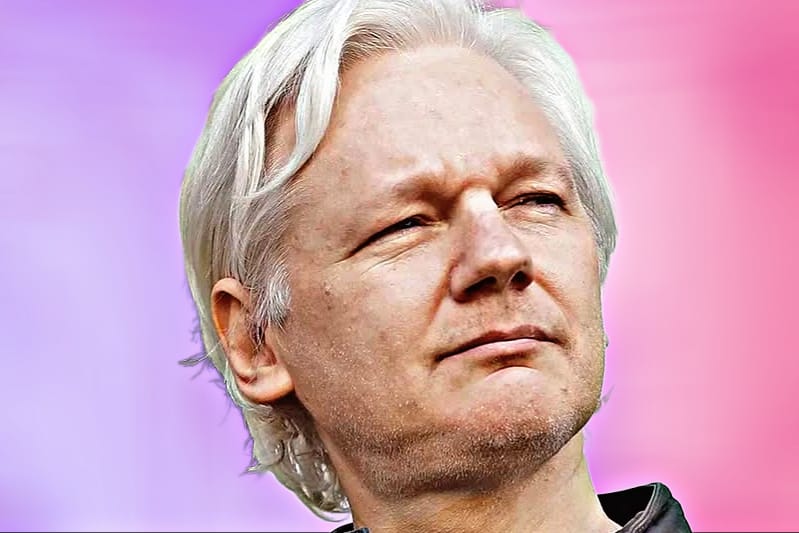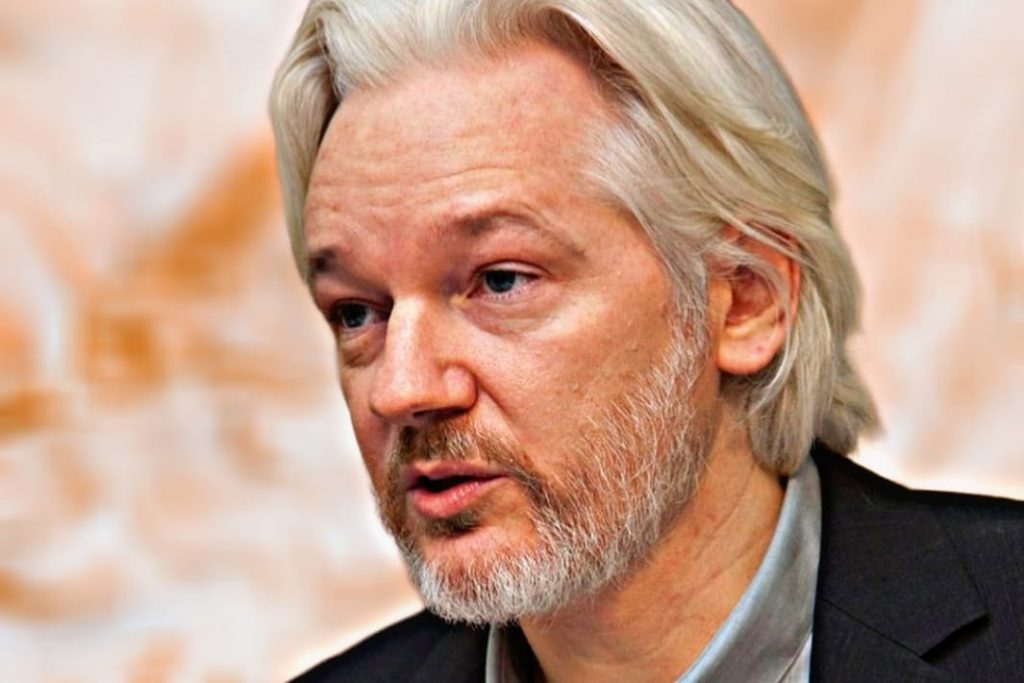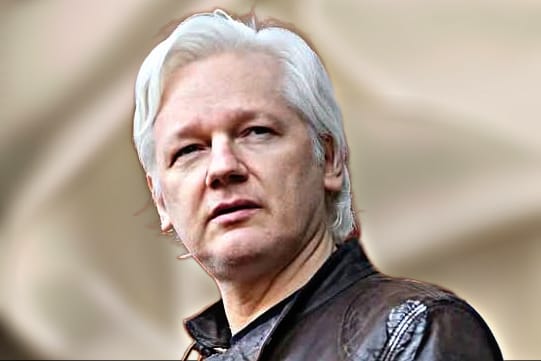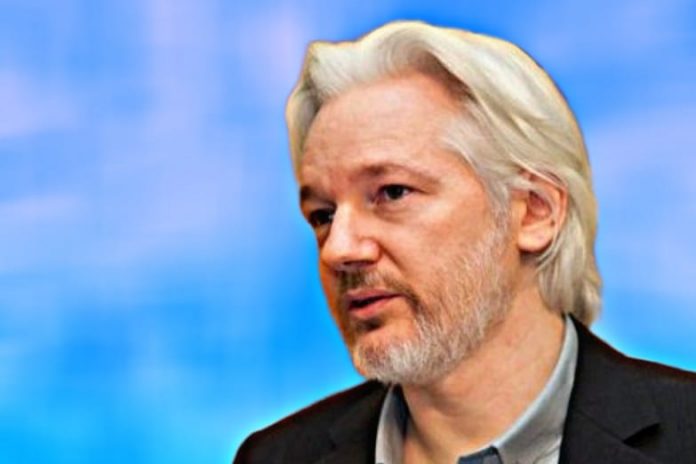Julian Assange is a name that has become synonymous with whistleblowing, digital freedom, and the intersection of journalism and national security. As the founder of WikiLeaks, Assange played a pivotal role in reshaping how information is shared in the digital age, exposing government secrets and sparking debates on transparency, privacy, and the limits of press freedom. His life and work have remained subjects of intense public scrutiny, both lauded by advocates for transparency and demonized by critics who view his actions as a threat to national security.
This article explores the life, controversies, legal battles, and legacy of Julian Assange, providing an in-depth look at the man behind the WikiLeaks organization, his impact on global journalism, and the ongoing debate over his actions.
Early Life and Education
Born on July 3, 1971, in Townsville, Queensland, Australia, Julian Paul Assange showed an early aptitude for technology and computers. Raised in a non-traditional family environment, Julian Assange childhood was marked by a series of moves and a complex family situation. His parents, who separated when he was young, were both involved in the political and artistic communities, though Assange would later describe his upbringing as tumultuous. His mother, Christine Assange, was a prominent figure in his early life, having supported his interest in learning and technology.
Julian Assange was an autodidact, teaching himself computer programming and becoming deeply involved in hacking during his adolescence. At the age of 16, he was arrested for hacking into a number of U.S. government systems, including NASA and the Department of Defense. This early brush with the law did not deter his passion for technology; instead, it set the stage for his future endeavors, particularly in the realm of digital activism and information freedom.
Julian Assange Founding of WikiLeaks

The genesis of WikiLeaks traces back to Julian Assange belief in the power of free information and his desire to hold governments and corporations accountable. In 2006, Julian Assange founded WikiLeaks, a non-profit organization designed to provide a platform for whistleblowers to anonymously leak sensitive information without fear of reprisal. The platform quickly gained attention for its ability to release classified documents, ranging from governmental corruption to military operations.
WikiLeaks was based on the principle of transparency and the notion that the public has a right to know what their governments are doing behind closed doors. Assange and his team of volunteers worked to create a secure, encrypted system that allowed whistleblowers to upload materials without exposing their identities. This innovative approach to information dissemination would prove to be both groundbreaking and controversial.
Julian Assange WikiLeaks and the 2010 U.S. Army Cables Leak
One of the defining moments in Julian Assange career was the release of over 90,000 classified U.S. Army documents, known as the Afghan War Logs, in 2010. The leak exposed details about the U.S. military’s involvement in Afghanistan, revealing previously unknown incidents of civilian casualties and questionable military tactics. The release was a major blow to the U.S. government’s narrative of success in the war and led to a global conversation about the ethics of war, transparency, and the role of the media in exposing government actions.
Later that year, WikiLeaks released the Iraq War Logs, a similar leak that contained over 400,000 classified documents related to the Iraq War. These documents detailed human rights abuses, civilian deaths, and other controversial aspects of the conflict, further cementing WikiLeaks’ reputation as a major player in global journalism.
Perhaps the most high-profile leak came in 2010 with the publication of U.S. diplomatic cables, known as Cablegate. These documents, which were provided to WikiLeaks by former U.S. Army intelligence analyst Chelsea Manning, revealed sensitive and often embarrassing details about U.S. foreign policy, international relations, and diplomatic opinions of world leaders. The leak triggered international outrage and led to investigations into the sources of the leaks, including the arrest of Manning.
The Global Impact of WikiLeaks
Julian Assange role in these high-profile leaks cemented his place in history as a figure who challenged the status quo of information control. WikiLeaks’ releases sparked debate about government secrecy, press freedom, and the responsibilities of journalists in a digital age. Supporters hailed Assange as a hero who was holding powerful institutions accountable, while detractors accused him of endangering lives and compromising national security.
In many ways, Julian Assange and WikiLeaks became a symbol of the growing tension between privacy and transparency, and between the rights of individuals and the security needs of states. The leaks revealed not only sensitive information about wars and diplomacy but also exposed the inner workings of global power structures, the influence of corporations on politics, and the manipulation of public opinion through covert operations.
The Controversies: Legal Issues and Accusations

While Julian Assange actions garnered praise from some, they also led to significant legal and political controversies. In 2010, Assange was accused of sexual assault in Sweden, leading to an international arrest warrant being issued by Swedish authorities. Assange denied the allegations, claiming that the charges were politically motivated and part of an effort to extradite him to the United States for his role in the WikiLeaks disclosures.
The Ecuadorian Embassy Standoff
In 2012, facing imminent extradition to Sweden and potentially to the United States, Julian Assange sought asylum in the Embassy of Ecuador in London. The Ecuadorian government granted him asylum, and Assange remained in the embassy for nearly seven years, unable to leave the premises due to the threat of arrest. During his time in the embassy, Assange’s situation became a focal point of international debate about asylum, human rights, and the limits of political freedom.
The standoff in the embassy raised questions about the role of diplomatic immunity and the potential for political persecution in the age of digital whistleblowing. Many viewed Assange’s actions as a legitimate exercise in free speech and press freedom, while others saw him as a fugitive avoiding justice.
U.S. Charges and Extradition
In 2019, after years of tension between Julian Assange and various governments, he was arrested by British authorities after Ecuador revoked his asylum. The U.S. government swiftly moved to seek his extradition on charges related to the 2010 leaks. Assange was accused of conspiring to hack into a U.S. government computer and violating the Espionage Act by publishing classified information.
The U.S. charges against Julian Assange raised serious concerns about press freedom and the treatment of journalists who publish classified materials. Many legal experts and human rights organizations argued that prosecuting Assange for his role in publishing leaked documents would set a dangerous precedent for the freedom of the press worldwide. They warned that it could lead to increased government control over the press and a chilling effect on journalists and whistleblowers.
Despite these concerns, Julian Assange was ultimately extradited to the U.S. in 2022, where he faces a lengthy legal battle. His case has been closely watched by advocates of press freedom, journalists, and governments around the world, as it has profound implications for the future of investigative journalism and the ability of media organizations to report on government wrongdoing.
Julian Assange Legacy: A Controversial Hero or a Dangerous Outlaw?

Julian Assange legacy is undeniably complex. To some, he is a hero who exposed the hidden atrocities of war, corruption, and government deceit. His actions forced governments to reckon with their own secrecy and opened the door for a new wave of whistleblowing and digital transparency. WikiLeaks has become an integral part of the global conversation about the role of information in democracy, with many seeing Assange as a champion of free speech and an advocate for the public’s right to know.
On the other hand, Julian Assange critics argue that his actions have had dangerous consequences. By publishing classified information, Assange is accused of putting lives at risk, jeopardizing national security, and undermining the trust between governments and their citizens. The release of military and diplomatic documents, while revealing important truths, also exposed vulnerabilities that some believe could have been exploited by adversaries.
In a broader sense, Julian Assange story raises essential questions about the relationship between technology, journalism, and power. How do we balance the need for transparency with the need for security? Can we trust the platforms that expose government secrets, and who decides which information should be made public? These questions remain as relevant today as ever, especially in a world where digital activism and the role of social media continue to evolve.
Conclusion: The Unfinished Story of Julian Assange
Julian Assange life is far from over, and his story is still unfolding. As his legal battles continue and his influence on global politics remains undeniable, it is clear that Assange has left an indelible mark on the world. Whether viewed as a hero or a villain, his contributions to the fields of journalism, transparency, and digital rights have sparked debates that will resonate for generations to come.
The legacy of Julian Assange is one of transformation, challenging long-held ideas about government secrecy and the role of the press. His story is a reminder of the power of information and the price that some are willing to pay to ensure that the public remains informed about the actions of those in power.
As the world grapples with the implications of digital freedom, government transparency, and press rights, the figure of Julian Assange will remain a focal point for discussions on the future of information in the digital age. His influence is likely to persist, as the questions he raised about the limits of government secrecy and the role of the press are as relevant as ever.

